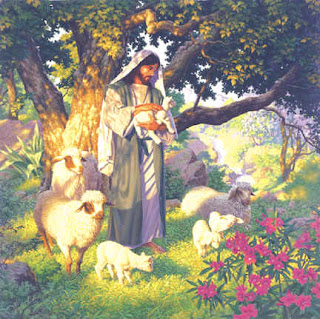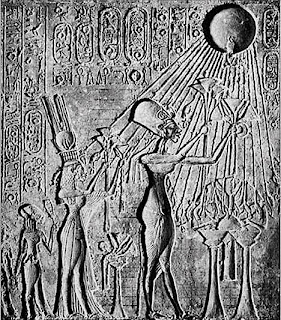Sparta was a strong city-state known for its military way of life. Sparta and Athens were the main rivals in a war that lasted 27 years.
The early Greeks are known as Mycenaeans, named after their leading city, Mycenae. Mycenaeans were warriors and traders. They adapted an older writing system to the Greek language. Their kings gathered fortunes in gold and living in palaces protected by stone walls.
Not long after the defeat of Troy, Mycenaean civilization collapsed. A group of people from northern Greece-the Dorians-moved into the area the Mycenaeans had controlled.
Greek tribal settlements grew into independent city-states. Because of the shortage of fertile land, numerous Greeks traveled great distances, from Southern Italy to Asia Minor, to found new city-states.
Sparta developed into a military state, while Athens became a major cultural center and thus a magnet for artistic talent from all over Greece.
The Persian Wars continued on and off for a number of years, with Greece ultimately the winner. At the end, Athens emerged more powerful than ever.
Philip's son, Alexander the Great, eventually untied Greece, Persia, Egypt, and parts of India into one great empire. Alexander died when he was only 33, and his empire fragmented shortly after his death. The influence if Greek culture continued even after the Romans conquered Greece in 146 B.C.
In Sparta, people called helots were treated like slaves. They outnumbered the Spartans by seven to one. Helots farmed the land, working long hours and receiving in return only a little of the food they grew themselves. Because of their large number, the helots posed a threat to the Spartans, and that declared a war.
Because warfare was a fact of Greek life, all young Athenian men received training as soldiers. Athens, however, only assembled an army in times of war. Soldiers served in the military and then returned to more peaceful ways of life.
Artists, including sculptors and potters, held an honorable position in Athenian society. Sculptors created the lifelike statues of gods that decorated the temples. Potters, who worked in a special quarter of the city, decorated their wares with scenes of gods and heroes as well as of everyday life.































